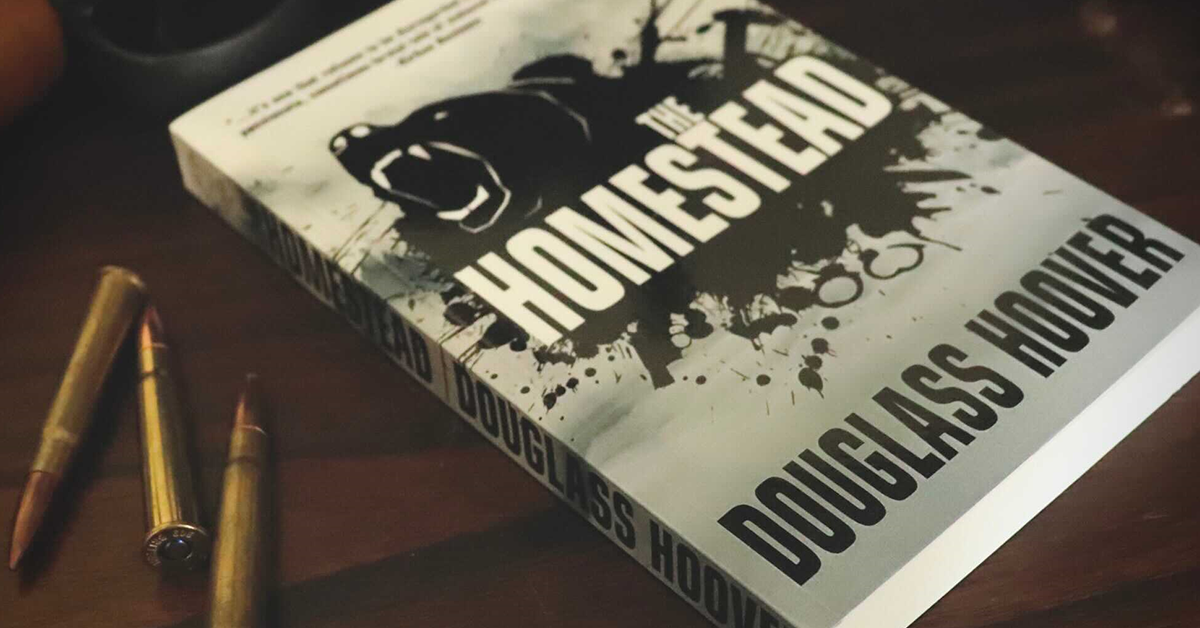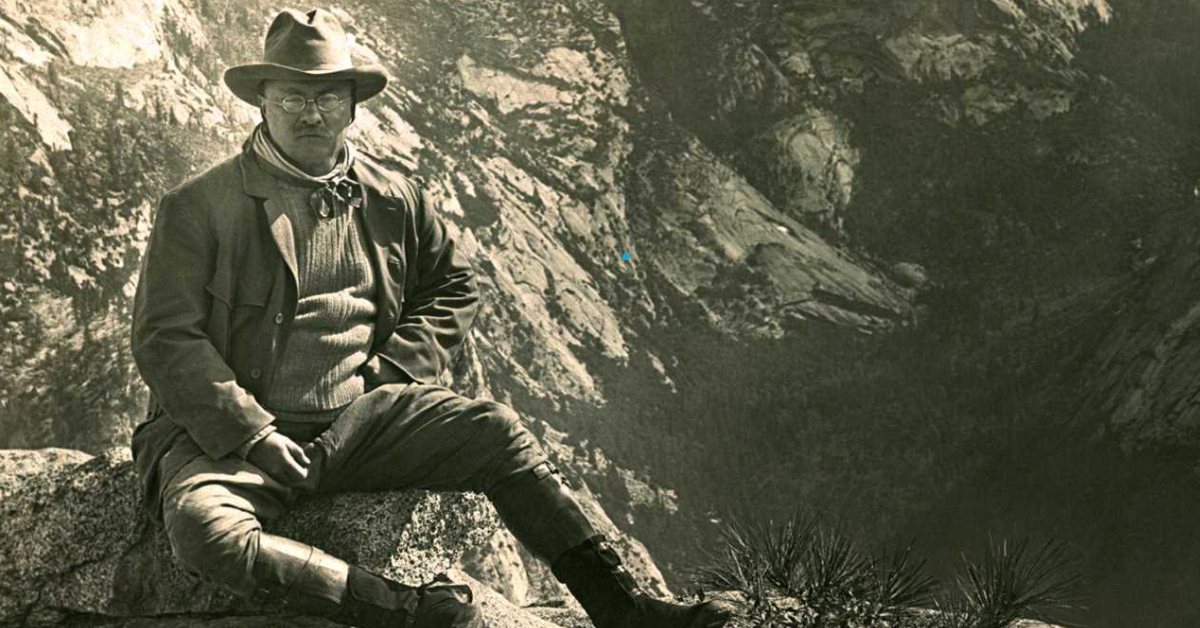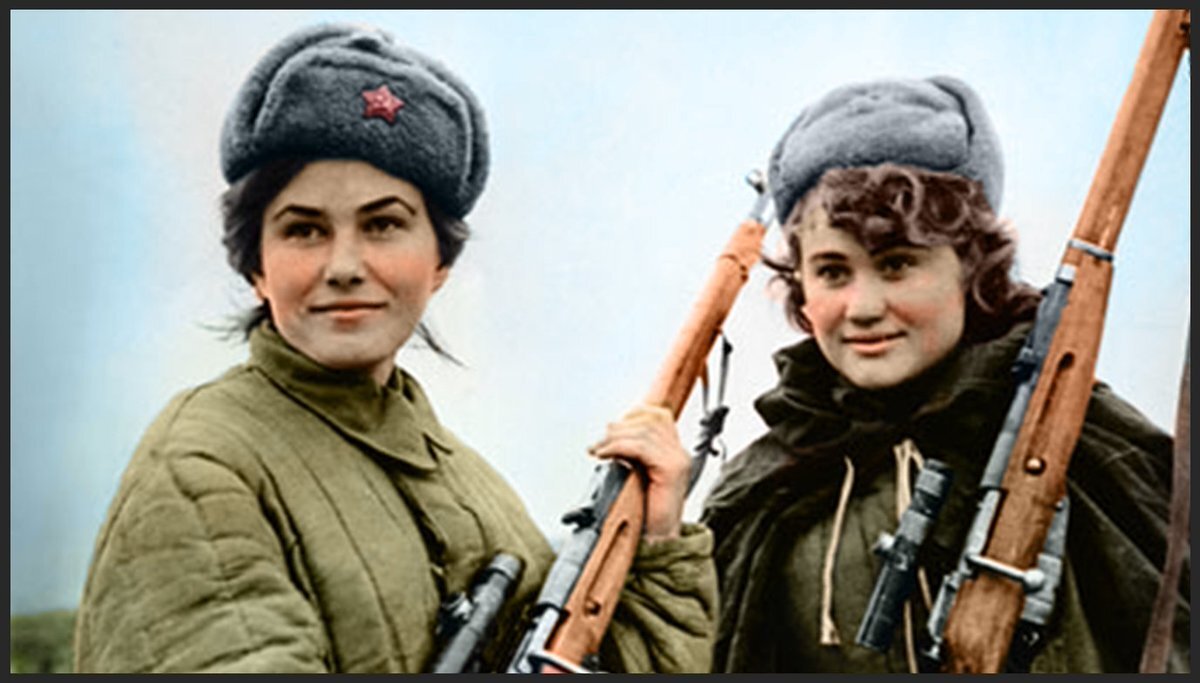
Book Review: The Homestead

A good friend of mine, Douglass Hoover, recently wrote his debut novel, The Homestead, and reached out to me to get my opinion on the book.
Since I’m in grad school, I don’t typically find time to read fiction. Each semester is a three-month mad dash towards winter, spring, or summer break. My semesters are like high-speed bullet trains that on the surface appear to be on the rails, but if you were to hazard a glance at the conductor you’d notice that he is a mess of self-induced stress brought about by a perpetual procrastination that has gone on for 29 years with no end in sight. I jam each week with about 3 books worth of text to read, which mostly focus on foreign affairs or some aspect of national security. However, I finally got some time to myself to read some high-quality, highly violent fiction #TheBestKind.
I have found that, as a community, we typically tend to look down on fiction. Sometimes, we tend to emphasize the need to be totally wrapped up in our very real, very complicated world, and sort of push any notion of fictional reality to the side. In light of that, I think it is important to use fiction as an escape. An escape from this all-too real world we live in, an escape from the same toxic comment sections you find yourself pulled into like Silvio in the Sopranos #EveryTimeIThinkImOut. Fiction allows us to engage with our imagination, to think outside the box, to consider alternate points of view that we otherwise would not. It allows us the capacity and the space to think deeply and to dream. For me, I find that fiction allows me to view humanity through a different aperture than what I normally might use.
The Homestead follows a group of GWOT veterans as they strive to carve out their own slice of paradise in the harsh tundra of Alaska. Cut off from any meaningful connection to the outside world (sounds cult-y, I know, but I swear it isn’t), the cast of characters learn to rely upon each other, as well as upon themselves, in ways they otherwise wouldn’t have been able. Their severance from social media, from superficial lives lived for superficial purposes offers a chance to live life as some might say it is meant to be. This idealism ties in neatly with Cokie’s rant about outsourcing. In this day and age, we turn to every and any external source that we can find to make our lives easier and more convenient. The Homestead offers a view of what life can be when we turn internally to solve our problems. When the possibility of outsourcing is removed from our everyday lives, can we fend for ourselves?
The promise of a better life, and of one less in touch with modernity, is just one of the themes of The Homestead. Another is loyalty, standing up for the people you care for, regardless of the circumstances or possible outcomes. To literally ride or die for you and yours. These themes of the book are easily relatable for those of us who have spent time down range with our respective gang of goons with little to no outside assistance and even less WiFi. #CaveDwellingKillas
On the periphery of the story, yet eerily traced throughout it, is the presence of violence. The homestead is a place on the very edge of civilization, with nothing separating the vets from the wilderness outside save the walls they’ve created. The homesteaders battle both intrinsic and extrinsic evil, and both evils present themselves violently. Whether it is the intrinsic evil of a world shaped by wilderness, where bear attacks or blizzards can devastate; or it is the extrinsic evil brought about by people who seek to disturb the world of the homesteaders for their own capital gains. The quiet, creeping approach eventually cascades into a cacophony of combat, with every step more violent than the last. Throughout the story you can feel the threat of cataclysm growing, much the same as if we were following the thread of intelligence coming from a restive AO, where violence tends to swell until events come to a head in a brutal clash. Slowly yet surely, violence leaks into the tale until it consumes it, which is an apt statement for any of us now living in the peaceful civilian world, far removed from the violence that once dictated our everyday lives. We all have our share of horror stories of guys who for any number of reasons failed to come to terms with the life they lived at war and the life they lived at home. If we allow the violence that for some is constantly at the periphery of their minds to consume us, our end will almost surely be violent and premature.
In the end, The Homestead is a book about survival, about love for your brothers, about sacrificing for the people you care about. But, it is also a cautionary tale of the vainglorious nature of violence. Violence, even when committed for the right reasons, quite often begets violence, and we must deal with those consequences sooner than later, as waiting to do so could very well overcome us. Check this bad boy out and do some introspection of your own.
I rate this stirring piece of soul-searching a solid four spades and recommend that any of you looking to get lost while also finding something out about yourself scoop this thing up and give it a go.
Written By Caleb Taylor
12/7/20









